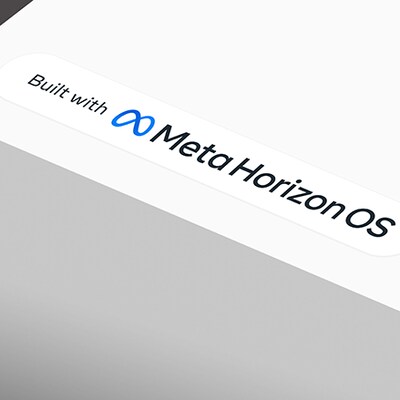
We are excited to bring Transform 2022 back in-person July 19 and virtually July 20 – 28. Join AI and data leaders for insightful talks and exciting networking opportunities. Register today!
Data is the new oil, but how do you make the most of it when there’s so much information to work with — flowing in from both internal and external sources? A data manager designs data-oriented systems and policies and supervises them as effectively as possible to help an organization derive maximum business value from critical data assets while also complying with regulatory and security requirements.
Role of a data manager in an enterprise
From financial services to healthcare, almost every sector is looking to use exploding data volumes to gain insights into customer/market behavior and drive intelligence that could streamline day-to-day operations across functions and improve margins, among other things. A data manager oversees how the most useful of these data assets are accessed, validated, stored and analyzed to meet various consumption requirements. For this, they implement necessary practices, governance rules, architectural techniques and tools that achieve consistent access to and delivery of data across a spectrum of subject areas.
Simply put, data managers are ‘data stewards’ with responsibility for data availability, control and security.
“For data availability, a data manager makes data easily accessible to end-users in a secure and compliant manner,” notes Nicolas Sekkaki, global practice leader for applications, data and AI at Kendryl.
“This starts with data catalog mapping of all data that is accessible across the enterprise and having the right data architecture for data logistics (data collection, distribution, etc.). It also includes data quality (“one single source of truth”) and data observability (think a single pane of glass.)
“Data managers also need to have the right controls in place to determine who needs to be accessing what data at a very granular level (attribute-based access controls)…When it comes to data privacy, data managers need to identify what data needs to be anonymized or masked as sensitive personal data to follow data regulations,” Sekkaki added.
Data managers’ responsibilities include but are not limited to:
- Implementing procedures and systems to ensure instant availability, management and security of high-quality data for effective analysis and reporting.
- Developing rules and processes for the use and sharing of the data while adhering to company and legal regulations.
- Continually maintaining data management plans and instructions (SOPs) for operating complex business systems.
- Overseeing the integration of new technologies and initiatives into data standards and structures to create new competitive advantages with data.
- Monitoring the data systems to flag and fix issues that could affect analytical results.
- Assessing system performance over time and making recommendations for software, hardware and storage improvements.
Also read: What is master data management? Benefits, components, key strategies
Key skills needed to succeed as a data manager in 2022
As Manish Sood from Reltio explains, the role of a data manager initially resided in IT departments to help build applications to collect, cleanse, enrich and unify core business data. However, with the increased focus on operations in every business function, data managers are now working with enterprise operations teams to support the use of data as a strategic asset. This shift requires them to have both strategic business acumen and deep technical expertise.
The skills needed for the data manager role are:
- At least a bachelor’s degree in computer science, computer engineering or a related field.
- Data engineering and architecture skills.
- Understanding the domain and data attributes (requires a good comprehension of the business and the art of what’s possible).
- Ability to automate the data lifecycle (DataOps, MLOps, FinOps, etc.).
- Knowledge of how to run data operations, implement master data management strategy and operate in a data marketplace (e.g., how to share the data).
- Interpersonal skills as the role will require partnering with both C-level leaders and non-technical teams.
Most asked interview questions
When hiring for the role of a data manager, technical decision makers look for not only domain expertise, including the understanding of modern data landscapes, but also tenacity as well as clarity of thinking and communicating to the stakeholders. As a result, the questions largely remain centered around how the candidate will drive value organizational data at all levels and deliver on return on investment (ROI).
Some of the most common questions are:
- How do you unlock value from large volumes of data in a cost-efficient and timely manner?
- As a data manager, how do you arrive at recommendations for new technology/solutions?
- What are the latest trends and innovations for data management systems?
- What data frameworks and sharing practices do you suggest?
- How to deliver standardized and accurate data to end-users in a secure manner?
- What would be the best approach to ensure continuous compliance with regulations?
- What will you do in the case of a security breach?
Several leading organizations in the U.S. and beyond are already hiring (or have hired) data managers to better position their data strategy. The number of open positions is only expected to grow as the volume of data and data sources surges within enterprises. According to IDC, the global datasphere will grow from 33 zettabytes in 2018 to 175 zettabytes by 2025, with a CAGR of 61%.
Read next: What is the difference between a customer data platform (CDP) and a data management platform (DMP)? Definitions, collection methods and analysis best practices


/cdn.vox-cdn.com/uploads/chorus_asset/file/24062762/STK110_whats_app_Kradtke_01.jpg)



